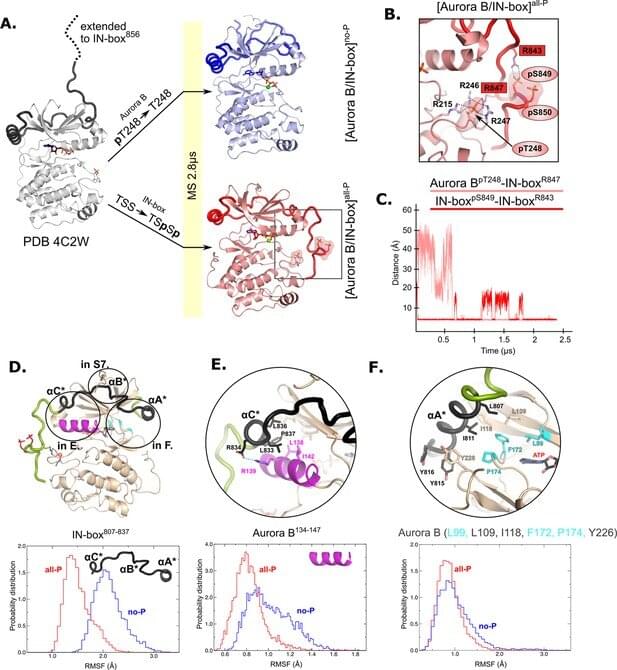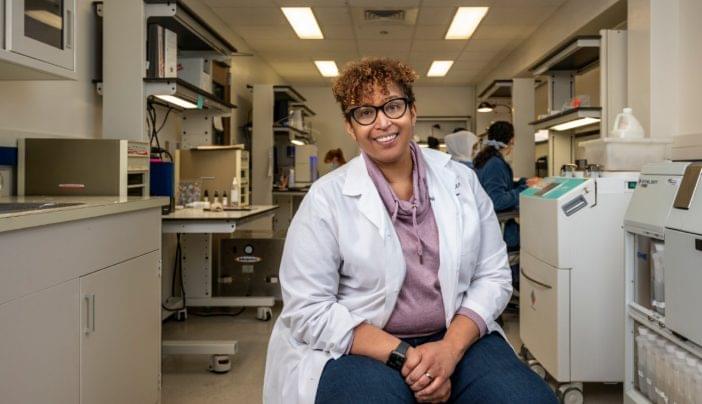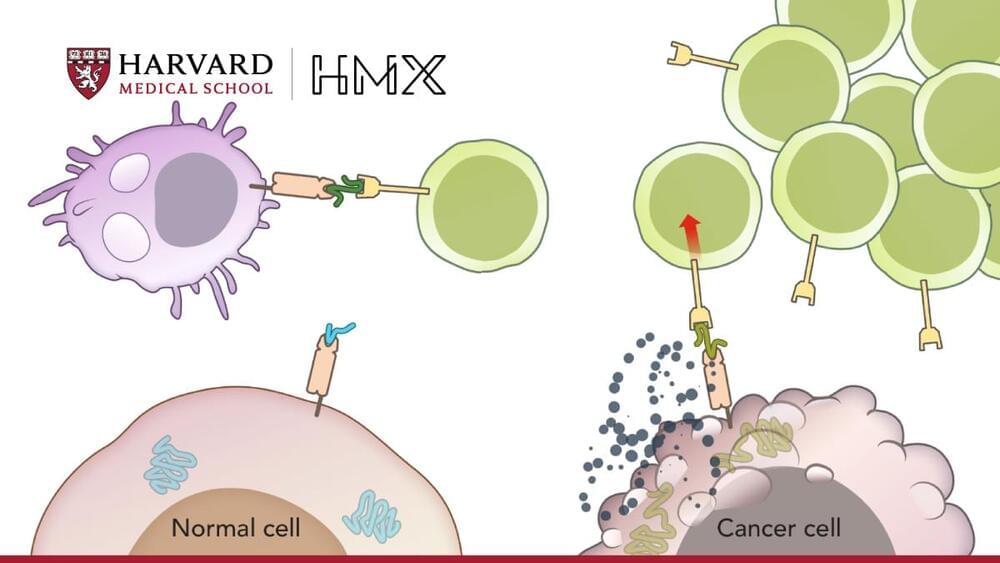Jul 7, 2023
Cancer can be treated by blocking central conductor of cell division, study finds
Posted by Paul Battista in category: biotech/medical
Researchers at NCMM have demonstrated the mechanisms behind the activation of Aurora B, a central conductor of cell division. Their findings, now published in eLife, can lay the foundations for developing new cancer drugs.
Cell division is a fundamental process for all living things, where one cell divides into two cells. It allows for a human being to grow from a single fertilized egg cell, for wounds to heal, and for dead cells within your body to be replenished with new cells.
By the time you have read this sentence, millions of cells throughout your body have divided.


















